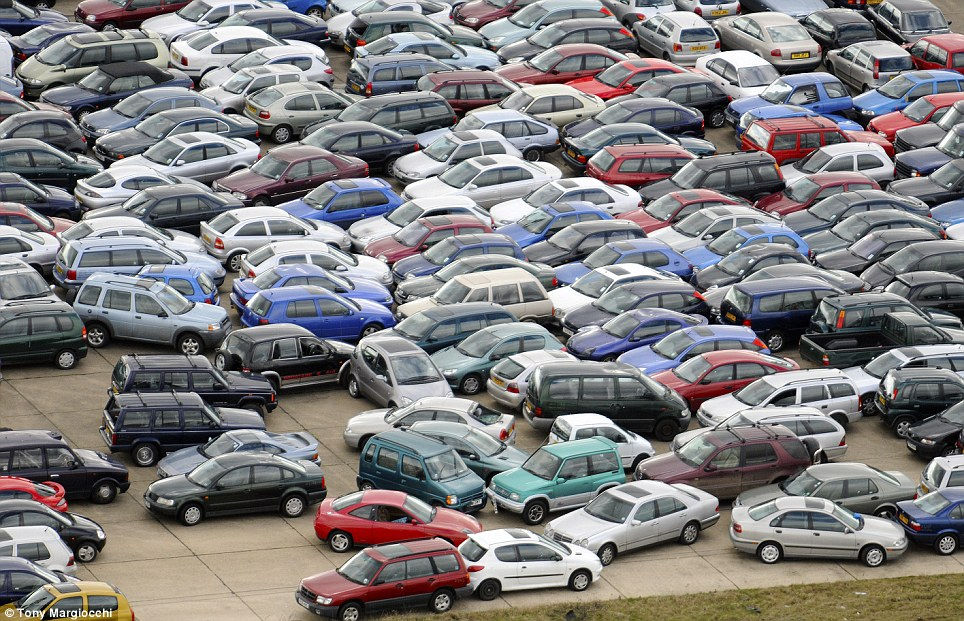No to scrappage schemes, yes to old cars!
- John Quinn
- Sep 15, 2020
- 2 min read
Earlier today, a friend sent me screen-grab of a Facebook post by a UK car dealership, who had just taken in an old, 1986 Rover 200 as part-exchange for a new Mazda 2.

Under the UK scrappage scheme, the dealer took the Rover, and no questions asked, knocked three grand off the sticker price of the shiny new Mazda. They are able to do this as the UK government will subsidise the dealer for the process. The only stipulation being, the old car must be scrapped.
Which is rather sad, because the 34-year old Rover has served 402,000 miles; and from the look of the sole picture, it appears to be straight and true.
Now, no one is ever going to say the Rover 200 is a legendary motor vehicle, that should be preserved in some museum of the greats, but a car that has given years and miles of service for so long and is still functioning today, deserves to survive.
Obviously, if there is something catastrophically a miss with the old car, sure, yes, it may be time for it to go off to pasture, but you only have to view the fields of cars that are waiting to be scrapped through scrappage schemes, to see that there are plenty of serviceable cars that are going to be destroyed because legislation insists on it.
In theory, scrappage schemes should take un-servicable or dangerous cars off the road and allow owners to transfer into something newer and safer at a reduced cost. In reality, car manufacturers and dealers use the scheme to pump out more new cars and increase sales.

So while scrappage schemes are seen as taking old, dirty cars off the road and replacing them with new, cleaner ones sounds great, it misses the point somewhat. Manufacturing and transporting new cars is a highly polluting process. Extracting raw materials, powering-plants and transporting on filthy container ships leaves a massive carbon-footprint.
Old cars, like our Rover 200 have already paid back their carbon footprint and then some.
Scrappage schemes are only going to become more prevalent both in the UK and here in Ireland, as governments are being pressured to reduce emissions and manufacturers to reduce the CO2 output of their fleets.
All this is doing is localising the rules while forgoing the larger problem of global pollution.
Of course, manufacturers should be working to make cars cleaner and greener, but forcing people into new cars and destroying old ones is not the answer.
Investing in better, greener, public transport, allowing people to continue to work from home if/when this global pandemic ends and encouraging parents and children to walk or cycle to school. All of these measures would go a long way into reducing emissions, while not needing to build endless new cars and waste energy scrapping perfectly usable ones.
I will continue to drive my 20-year-old BMW, which is far less polluting than a brand new diesel SUV. You should consider the same.





Comments